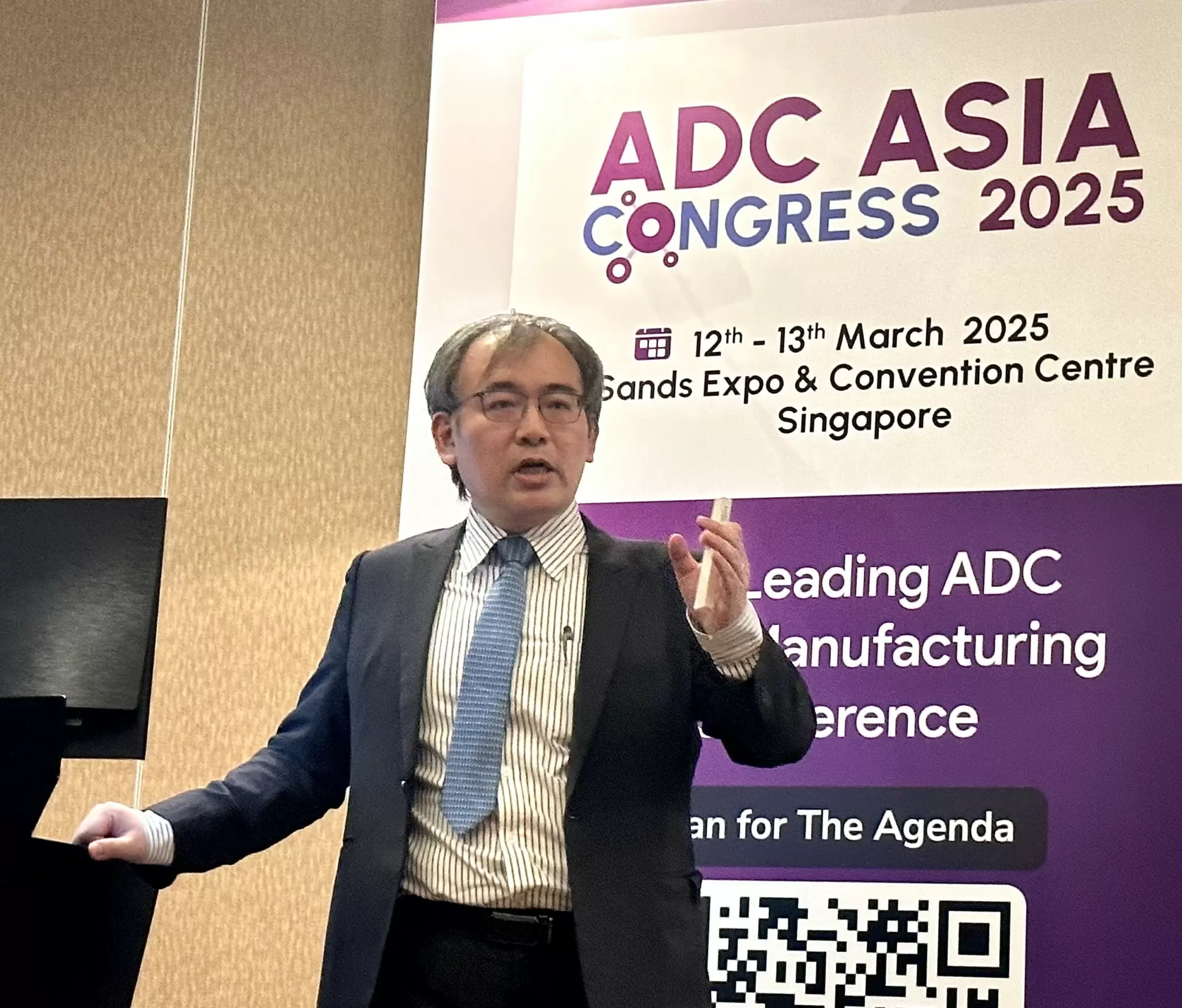HoneyBear Biosciences ARC Research Firstly Published in Asia


Dr. Chuang, Simon, Shih-Hsien, CEO of HoneyBear Biosciences, invited to Singapore to give a keynote speech at the ADC Congress Asia on March 12th, 2025.
HoneyBear Biosciences Inc. (hereinafter referred to as HoneyBear) exclusively owns and has multiple patents for the CoNectarTM technology platform, which is gradually drawing attention from international peers. The company's CEO, Dr. Chuang, Simon, Shih-Hsien, was invited to Singapore to give a keynote speech at the ADC Congress Asia on March 12th, 2025. On the same day, he and Sarina Lin, Vice Chairwoman of HoneyBear, attended the awarding ceremony as the winner of 2025 Asia Pacific Biopharma Excellence Awards (ABEA) and awarded as the "Best ADC Developer in Taiwan".
As the inventor of the CoNectarTM technology platform, Dr. Chuang has been invited to present his remarkable research results at many international ADC conferences. In his keynote speech at the ADC Congress Asia, he has presented the latest animal study results on Antibody Radionuclide Conjugates (ARC), it’s the first time to introduce such data in Asia. He mentioned, "Through the support of such groundbreaking research results, combining with the feasibility of CoNectarTM platform, which is able to provide the diversity and flexibility of antibody drug conjugate mix; we can develop ADCs with more precise control over drug dosage, efficacy, and safety through such powerful ADC technology. Therefore, HoneyBear plans to expand its product pipeline and accelerate new drug development through technology licensing."
The research results reflected that the ADCs developed by CoNectarTM platform would have potential to be superior to the current market available ADCs or some other ADCs under development. Also, it may support developing more breakthrough ADCs to bring new hope for hard-to-treat cancers; moreover, it may go for extra mile to be applied to some other clinical treatments in the future.
As the inventor of the CoNectarTM technology platform, Dr. Chuang has been invited to present his remarkable research results at many international ADC conferences. In his keynote speech at the ADC Congress Asia, he has presented the latest animal study results on Antibody Radionuclide Conjugates (ARC), it’s the first time to introduce such data in Asia. He mentioned, "Through the support of such groundbreaking research results, combining with the feasibility of CoNectarTM platform, which is able to provide the diversity and flexibility of antibody drug conjugate mix; we can develop ADCs with more precise control over drug dosage, efficacy, and safety through such powerful ADC technology. Therefore, HoneyBear plans to expand its product pipeline and accelerate new drug development through technology licensing."
The research results reflected that the ADCs developed by CoNectarTM platform would have potential to be superior to the current market available ADCs or some other ADCs under development. Also, it may support developing more breakthrough ADCs to bring new hope for hard-to-treat cancers; moreover, it may go for extra mile to be applied to some other clinical treatments in the future.

